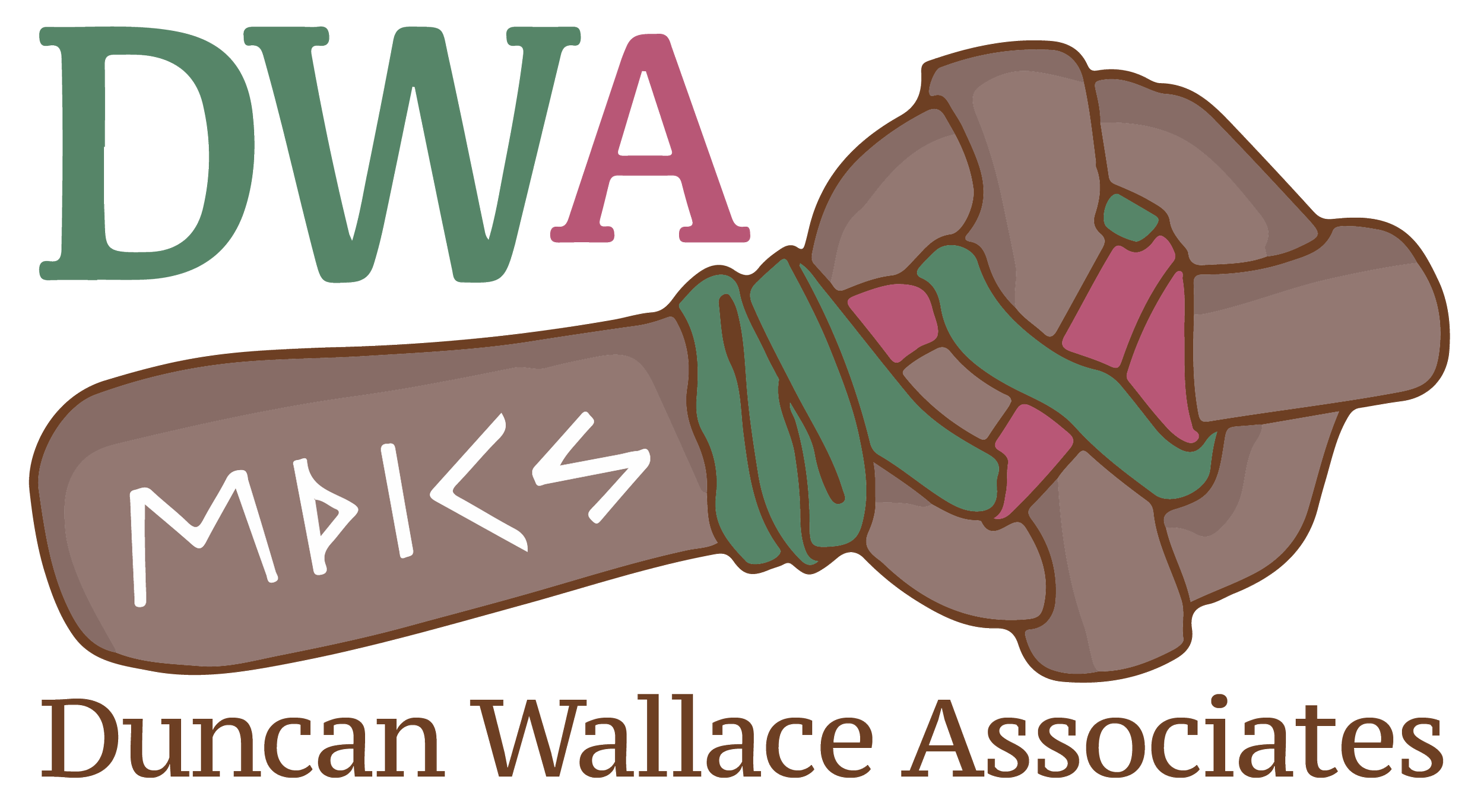Where Ethical Leadership can take us
For me this video is so beautiful. The whole movement of Oi Musica – some of the musicians starring in this video – is to me very interesting. One of the organisations i’m working with during 2021 is Givin’ it Laldie in the Gorbals, who have done such an amazing job throughout the pandemic. So hearing the refrain in Karine Polwarts song evoking the authority of the City Crest - The Tree, The Bird and The Bell is really very important in here. St Mungo would have a lot to say about COP 26 and the resilience of the City of Glasgow. We over consume this world. Mother earth is abundant and generous to us all, yet we can’t seem to be satisfied with that abundance, and seem to keep wanting more and more..
Do you think you are doing enough? Are we really leading with the emerging future in our minds?
Meditating over this call to action often leaves me in tears. It’s the sort of cathartic process that lets me reset, so that I can begin to breathe again.
I hope this makes that happen for you:
You can join the music making response to COP26 via @letitgrow_music and #musicforCOP26
I’m also privileged to be involved in supporting organisations to have the courage to look at the paradigm shift that this global crisis demands. In my work as a Public Appointment Advisor, I have just been helping support the board recruitment process for NatureScot (formally Scottish Natural Heritage). During winter 2020 they have been recruiting six new board members, covering a variety of skills to join their public board; a diversity of expertise and perspective that will help the Scottish Government and all of us handle the very polarising environment of biodiversity and land ownership/use.
Similarly, my role on behalf of the Ethical Standards Commission is to influence the Scottish Government and others to put the detailed work involved to try and get diverse perspectives. We know that decisions are better made when there is truly a diversity of perspective. But the evolution of boards from only having mostly white, mostly male, mostly over-50 and mostly university-educated members is slow – painfully slow. It’s not because there is anything wrong with those people, but if everyone comes from quite a privileged position, then it can be hard to keep your feet on the ground. In fact, Dr Mark Carnie, former Governor of the Bank of England, in this weeks Reith Lecture, says that this is one of the structural factors that caused the credit crisis and Covid and climate change. And if you only thinking about public duty in Scotland you should read up on what the new Auditor General is saying to Parliament about his organisation auditing all local authorities and public bodies on combatting both climate change and inequality.
If we only rely on those who have been fixing the problems so far, we will get the same solutions that we've seen repeated time and time again. There’s an old saying about doing the same thing over and over again being the definition of insanity. In our case, it’s not just crazy – it’s literally killing the planet.
While COVID-19 may have exposed some poor leaders for what they are, it’s also shown us how much can be achieved (and how quickly we can achieve it) with collective focus and a strong will. If we do everything we need to do to tackle our climate crisis, we can also be happier, wealthier, more free in our economy, more liberated as communities, more democratic in our systems.
It sounds difficult and complicated. But it seems to me that the answer is, in fact, very simple. We need action. We need to embrace the idea of rapid change.
And that means we need strong, ethical leadership. As they say, enough is enough.
